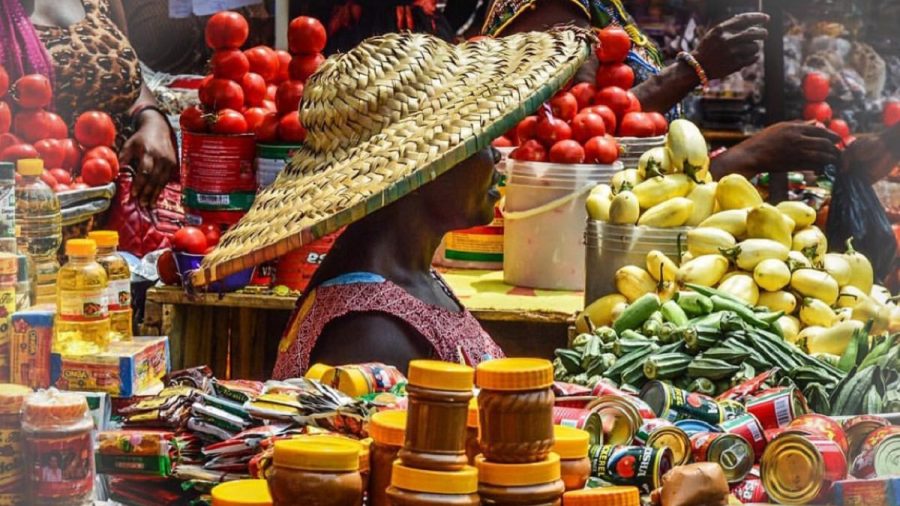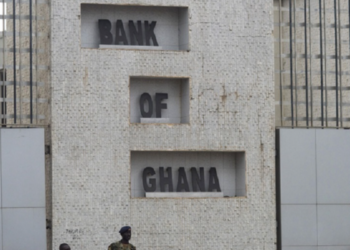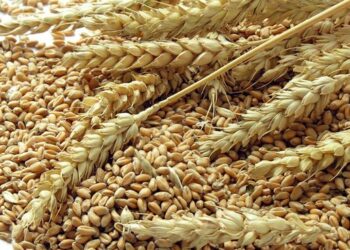Ghana Statistical Service reported its inflation rate rose to 40.4% for the month of October 2022 as the cost of goods and services continue to surge in the West African nation.
The inflation rate in Ghana for the month of September was 37.2% suggesting the country’s economy battered by currency depreciation and fiscal challenges is not going away any time soon.
On a month-on-month basis inflation rate was 2.7% for the month under review compared to 2% in September 2022.
Other data: Food inflation for the month under review rose 43.7% year on year compared to 37.8% the month before
- The country’s core inflation rate, which strips out food, rose by 37.8% year on year compared to 36.8% the year before.
- Ghana also captures the inflation rate for locally produced items and confirmed an inflation rate of 39.1% compared to 43.7% for currency-induced imported items.
- This suggests it is cheaper to buy locally-made Ghanaian products.
Inflation drivers: A cursory review of the data also reveals Ghanaians are experiencing higher inflation rates for housing, water, electricity, gas, and other fuels.
- The inflation rate for these items rose as much as 69.6% year on year indicative of the challenges faced by ordinary Ghanaians.
- Furnishing and household equipment and transport also rose 55.7% and 46.3% respectively year on year.
- However, Ghanaians pay less for Education with inflation. rising by just 9.5%
Relevance for Nigeria: Africa’s largest economy, Nigeria, is also experiencing galloping inflation currently at about 20.7% year on year.
- A lot of Nigerians also live in Ghana and once referenced the economy has a model for Nigerians to follow.
- However, the rising cost of living in Ghana could force Nigerians living there to return or look for a better life in other countries, especially in Europe.























